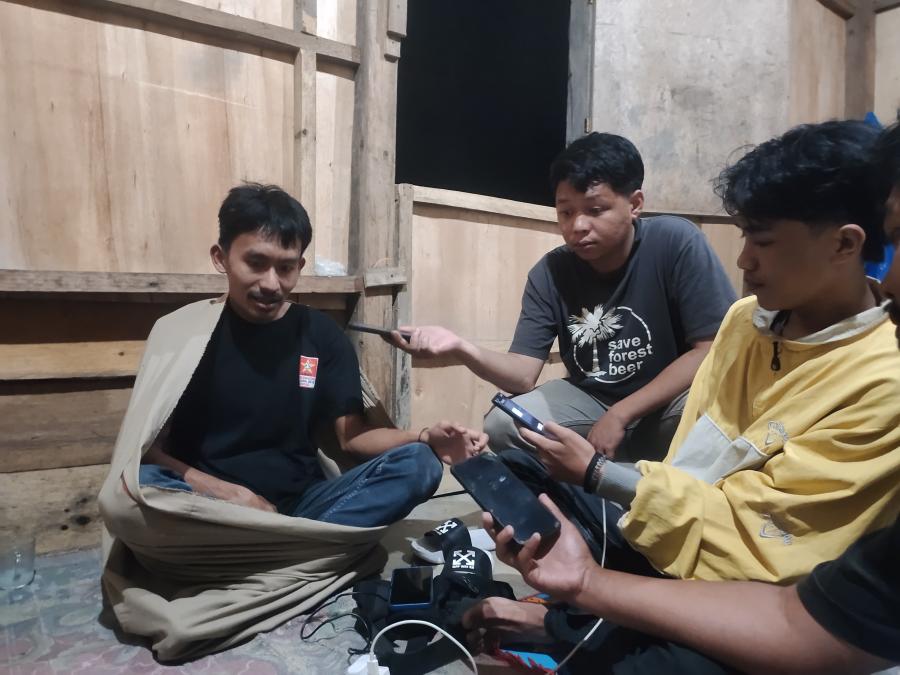The dispute between Freeport-McMoRan Incorporated and the indigenous people of West Papua has entered an American courtroom, in the form of Beanal v. Freeport-McMoRan Inc., No. 96-1474, DC ELa). Freeport operates the largest gold and third largest copper mines in the world, both located on the western half of the island of New Guinea. The New Orleans based corporation has a close relationship with the government of Indonesia, which reportedly owns 10% of Freeport Indonesia. Indonesia occupied West Papua in 1963. After a referendum by 1000 hand-picked individuals was conducted at gun-point, Indonesia formally annexed West Papua in 1967, renaming it Irian Jaya.
On April 29, 1996 Thom Beanal, a leader in the Amungme Tribe, filed a $6 billion class action suit in U.S. District Court in New Orleans on behalf of all indigenous people affected by Freeport's activities in West Papua. The suit alleges that Freeport is guilty of human rights abuses, including torture, executions, and cultural genocide. The suit also alleges that Freeport is responsible for massive environmental damage caused by the dumping of tailings.
The suit was filed at a time of mounting violence by all sides in the dispute involving the Freeport mines and the larger question of Indonesian domination of West Papua. In March 1996, villagers staged violent protests against Freeport in the town of Timika in which three persons were reportedly killed. In May, a hostage crisis that had begun in January 1996 ended in the murder of two Indonesian hostages. A total of 26 hostages, seven of whom were European, were seized by the Free Papua Movement (OPM) in January 1996 in an attempt to focus world attention on the abuses suffered by the indigenous peoples at the hands of Freeport and the Indonesian government. Since the beginning of the hostage crisis, thousands of Indonesian soldiers have been conducting operations in the area. They have allegedly been guilty of numerous human rights violations, including a massacre in the village of Geselama. Freeport maintains its own security force, which has been implicated in some of the abuses, and supports a contingent of about 70 Indonesian soldiers. Article copyright Cultural Survival, Inc.



